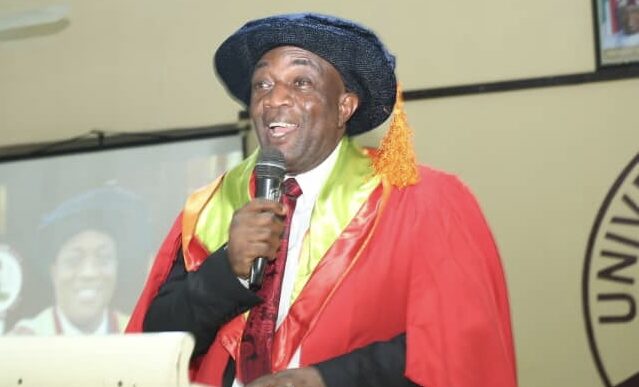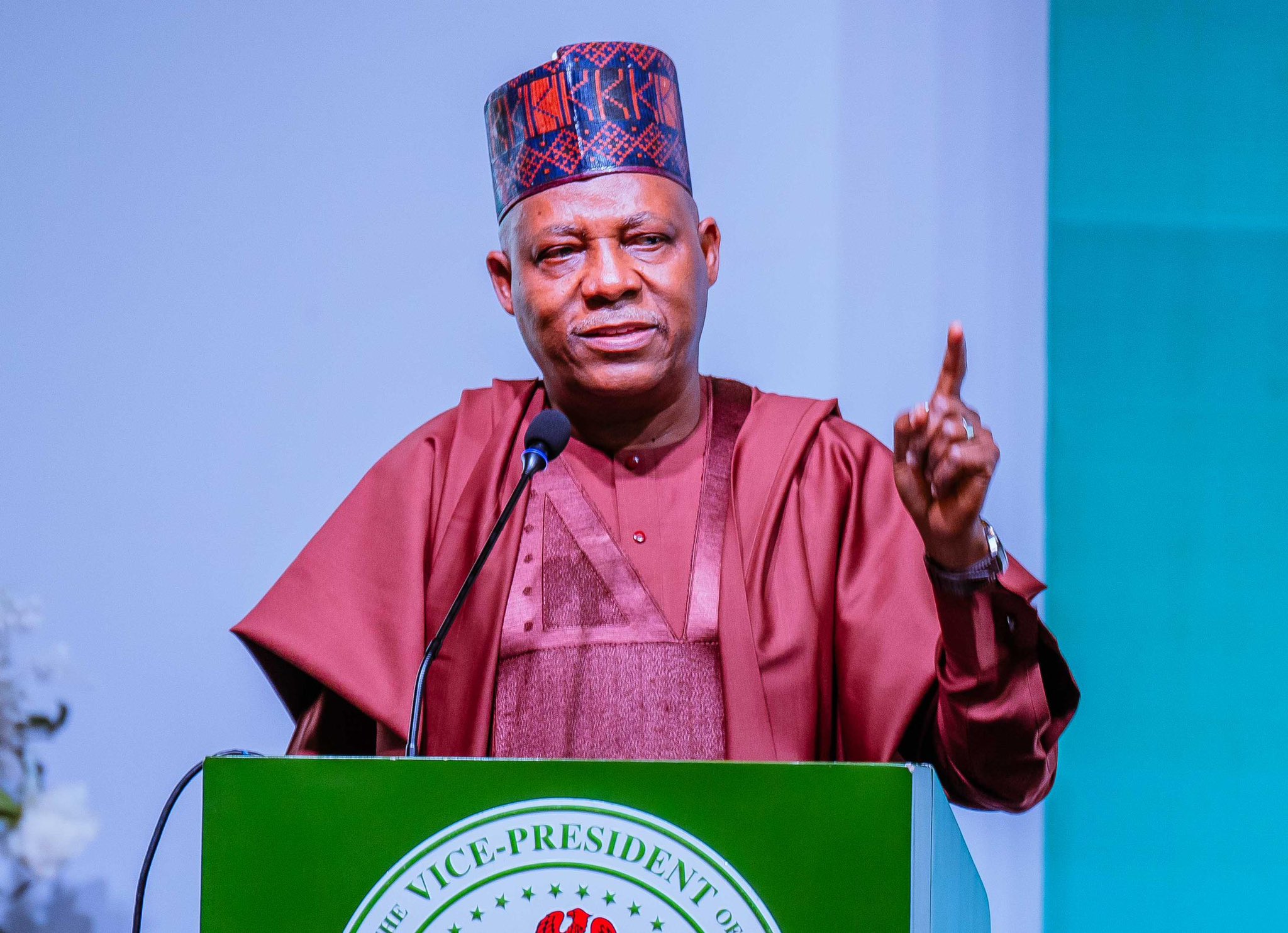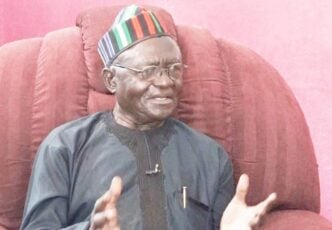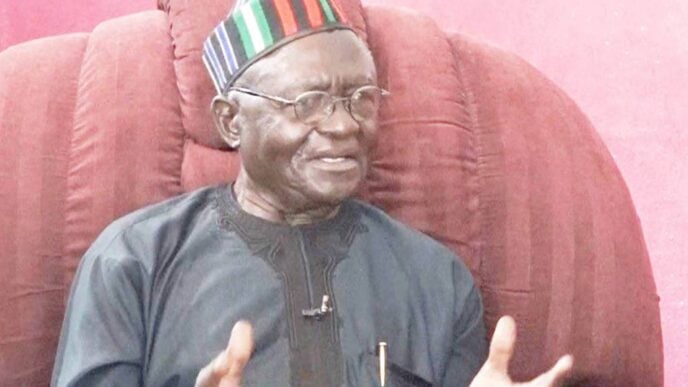The supreme court has fixed October 22 to hear a suit challenging the constitutionality of the law establishing the Economic and Financial Crimes Commission (EFCC).
A seven-member panel of justices led by Uwani Abba-Aji fixed the date on Tuesday after 15 states were joined as co-plaintiffs in the suit filed by the Kogi government through its attorney-general (AG).
The court also granted leave for consolidation of the case.
The states in the suit marked SC/CV/178/2023 include Kogi, Ondo, Edo, Oyo, Ogun, Nassarawa, Kebbi, Katsina, Sokoto, Jigawa, Enugu, Benue, Anambra, Plateau, Cross River, and Niger.
Advertisement
The plaintiffs contended that in the case of “Dr. Joseph Nwobike v. Federal Republic of Nigeria,” the supreme court had ruled that the act which established the EFCC was derived from a United Nations convention against corruption.
They argued that in enacting the law in 2004, the national assembly failed to adhere to section 12 of the 1999 Constitution (as amended), which governs the incorporation of international treaties into domestic law.
The plaintiffs further maintained that domesticating a convention into Nigerian law requires the approval of a majority of the state houses of assembly based on the provisions of section 12 of the Constitution.
Advertisement
They added that the procedure for domesticating the convention was bypassed in the process of passing the EFCC Act and similar laws.
In their current suit, the plaintiffs noted that the EFCC Act cannot be applied to states that did not give their consent to its creation.
Consequently, they argued that any institution established under such circumstances, including the EFCC, should be deemed unconstitutional and illegal.
In the originating summons filed by a team of lawyers led by Musa Yakubu, the Kogi state government had raised six questions for determination and sought nine reliefs.
Advertisement
The Kogi government sought a declaration that the “federal government, through the Nigerian Financial Intelligence Unit (NFIU), lacked the power to issue any directive, guideline, advisory, or any instrument howsoever called for the administration and management of funds belonging to the state”.
The government also sought a declaration that the “EFCC, NFIU, or any agency of the federal government cannot investigate, requisition documents, invite, or arrest anyone for offences arising from or touching on the administration and management of funds belonging to the state”.
Add a comment









